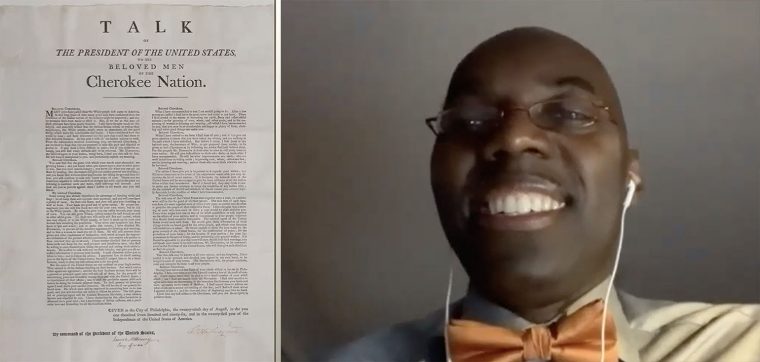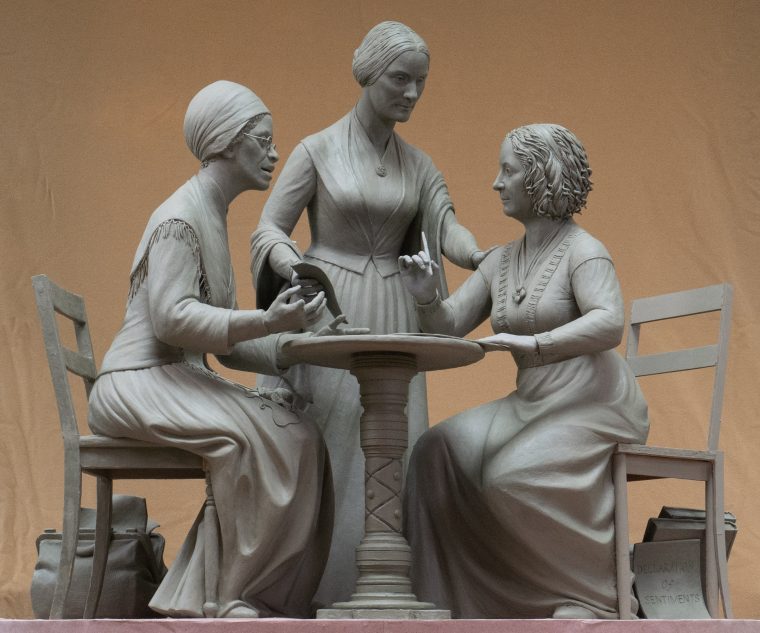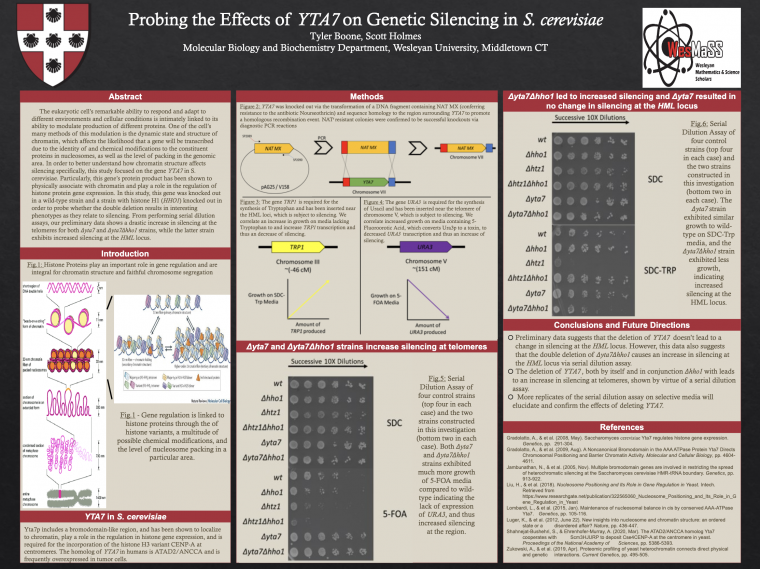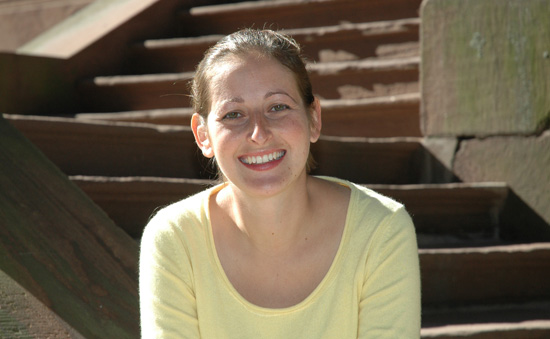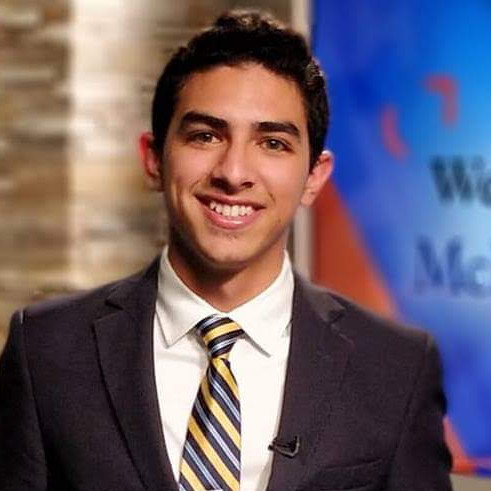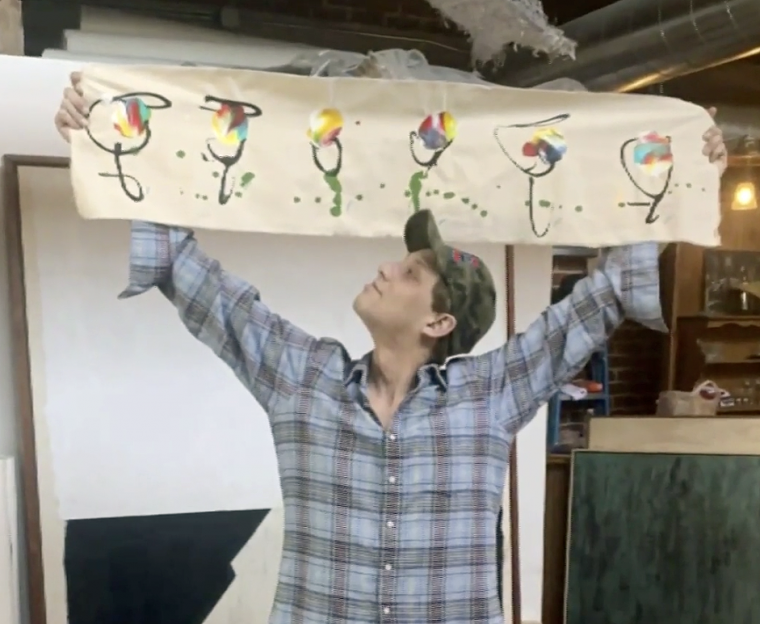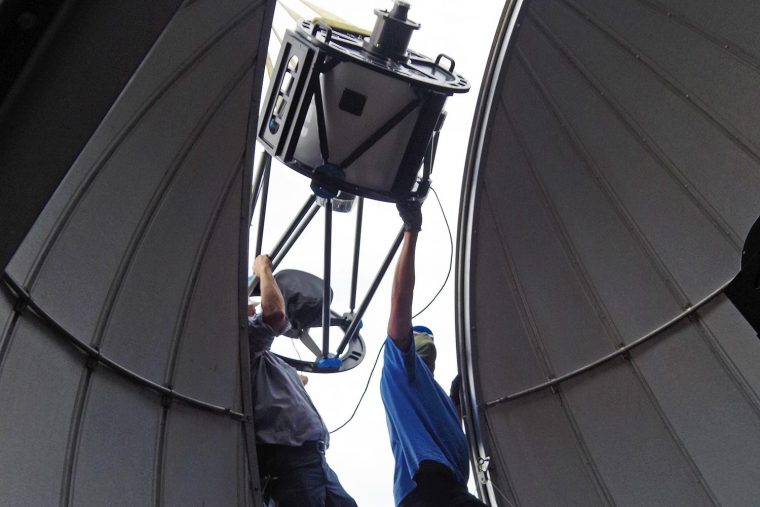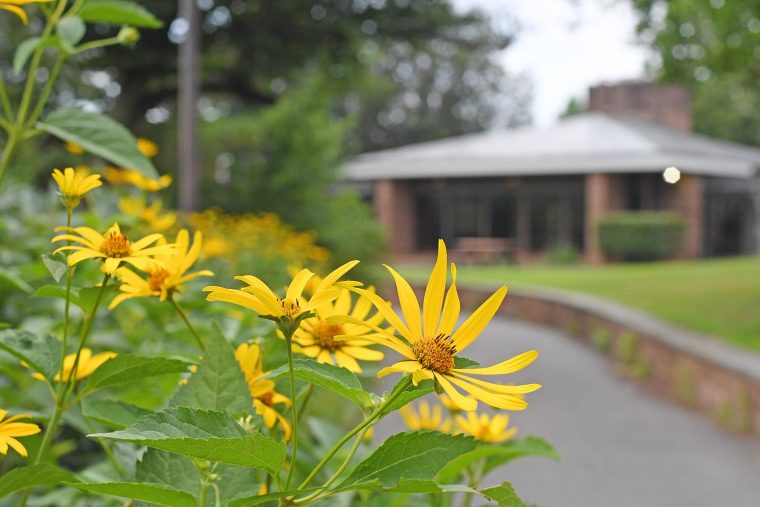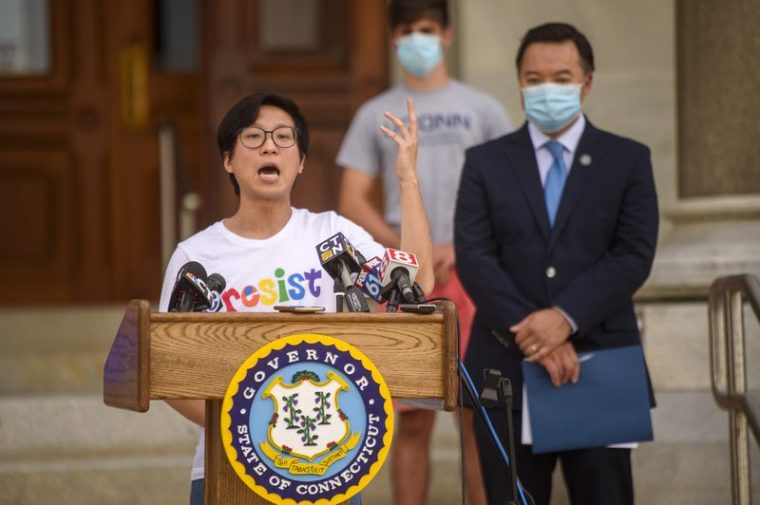On Aug. 18, Wesleyan faculty, staff, and alumni presented a WESeminar titled "Hidden Treasures." The seminar focused on the holdings of the Dietrich American Foundation on long-term loan at Wesleyan, which includes letters, writings, and manuscripts by Alexander Hamilton, Benjamin Franklin, and George Washington, among others. All documents are available to Wesleyan students and faculty through Wesleyan's Special Collections and Archives. "One of the hallmarks of the experience of studying at a liberal arts college is the opportunity to interact directly with material objects of the past—documents, rare books, artworks, cultural objects—in ways that are often only reserved for graduate…
In honor of the centennial anniversary of the ratification of the 19th Amendment, when women won the right to vote, New York City will welcome a Women's Rights Pioneers Monument to its grounds on Aug. 26. Designed and sculpted by nationally-known artist Meredith Bergmann '76, the statue depicts and honors women’s rights pioneers Sojourner Truth, Susan B. Anthony, and Elizabeth Cady Stanton. The statue will be located in Central Park and will be the first statue depicting real women in the park’s 166-year history. Currently, there are 23 statues of real men in Central Park; women are "represented" through fictional…
Last March, as the COVID-19 pandemic began to plague the United States, Dr. Amy Fogelman '97 became engrossed in the country's lack of understanding about the virus, and even more so in the lack of personal protective equipment (PPE) for healthcare workers. "At certain hospitals in Massachusetts masks were required, but in others, physicians were told that they were not allowed to wear masks, even if they personally supplied them, because administrators were afraid that the masks would 'scare' the patients," Fogelman recalls. "I watched as my colleagues on social media shared their fears for their lives, and their patients’ lives,…
On June 30, Wesleyan hosted a virtual Summer 2020 Research Poster Session to celebrate the accomplishments of more than 150 student researchers. To emulate the excitement and camaraderie of the live poster session, students hosted their own individual presentations on Zoom and answered questions live. Examples of student research projects are below: Tyler Boone '21 shared his poster titled "Probing the Effects of YTA7 on Genetic Silencing in S. cerevisiae." Boone is double majoring in molecular biology and biochemistry and biology with a minor in chemistry. In order to better understand how the structure of chromatin, a complex of DNA…
Before children enter Kindergarten, they're often interested in mathematical concepts like patterns, numbers, and logic. However, math remains under-supported in most preschool settings in the United States. As a recipient of a $1.8 million grant by the National Science Foundation, Associate Professor of Psychology Anna Shusterman hopes to address this educational need by providing preschool settings with a research-based, developmentally appropriate, conceptually rich, flexible, and fun collection of math games that can be incorporated into any classroom. "The preschool years have long been recognized as an opportune time to engage children in mathematical thinking, bootstrapping their natural curiosity and laying a…
On July 20, recent alumnus Eunes Harun '20 was chosen to join the first cohort of the Governor’s Innovation Fellowship (CTGIF) team. CTGIF offers ambitious, high-achieving recent college graduates the opportunity to work at top, innovative companies developing their career while working together as a community of fellows, growing together professionally and personally to create a cohort of talent, camaraderie, and growth in the State of Connecticut. The fellowship comes with a $5,000 award. Harun, a government and economics double major, will be joining McKinsey & Company in Stamford, Conn., as a business analyst and will be participating in the…
Manju Hingorani, visiting scholar in molecular biology and biochemistry, and Brandon Case PhD '19 are co-authors of a new study published in Proceedings of the National Academy of Sciences USA in July 2020. The paper, titled “Recurrent mismatch binding by MutS mobile clamps on DNA localizes repair complexes nearby," reports novel findings about the mechanism whereby MutS protein triggers initiation of DNA repair. The research at Wesleyan was supported by NIH grant R15 GM114743 awarded to Manju Hingorani. Case is currently a postdoctoral fellow at Harvard Medical School. Jennifer Tucker, associate professor of history, discusses the role of material culture and visual…
On July 26, Los Angeles artist Michael Gittes '10 was featured on NBC Nightly News in a "There's Good News Tonight" segment. For an entire month, Gittes worked on a project titled "Strangers to No One," which involved painting 1,800 flowers. He donated the works to every employee at the Interfaith Medical Center in New York City, a nonprofit community hospital, to show his appreciation for frontline health care workers during the coronavirus pandemic. "If you love somebody, you give them a flower," Gittes said in the interview. Donning a Wesleyan University sweatshirt on the show, Gittes demonstrated how he…
On July 20, the Astronomy Department's Van Vleck Observatory acquired a state-of-the-art 24-inch telescope that can view galactic objects remotely and autonomously. "When fully operational, the system will be able to determine if the weather is favorable for observing, open the dome, take calibration observations from a queue, and close down in the morning, all on its own," explained Roy Kilgard, associate professor of the practice in astronomy. "We'll be able to conduct remote observations in real time, with a human operator at home or in their office, and make those images available to our students or researchers immediately." The…
Although human activity on campus is sparse during the summer and during the COVID-19 pandemic, birds, butterflies, bees, and the occasional groundhog are enjoying the plethora of pollen, nectar, berries, and fruits the campus grounds have to offer. Pictured are summery scenes taken from the Foss Hill and West College areas of campus on July 20: (Photos by Olivia Drake) (more…)
On July 6, when the U.S. government made a federal ruling that international students would be deported should their studies be held exclusively online, Bryan Chong '21 took immediate action to fight back. The Hong Kong native and visa holder had already spent six years in Connecticut, attending high school in Kent before enrolling at Wesleyan. If the COVID-19 pandemic moved Wesleyan to return to an all-online format again, the policy would have forced Chong to return to China for his senior year of college. But he wasn't worried about himself as much as his international peers. "I couldn't imagine…
Wesleyan University recently joined with 58 of our peer colleges and universities in filing an amicus brief to halt the implementation of the July 6 directive by the United States Department of Homeland Security (DHS) and the Immigration and Customs Enforcement (ICE) regarding international student enrollment for the fall of 2020. The brief is in support of the petition filed by Harvard University and the Massachusetts Institute of Technology last week that seeks to enjoin DHS/ICE from implementing a rule that would deny visas and deport international students whose campuses are unable to resume in-person courses in the fall due…


